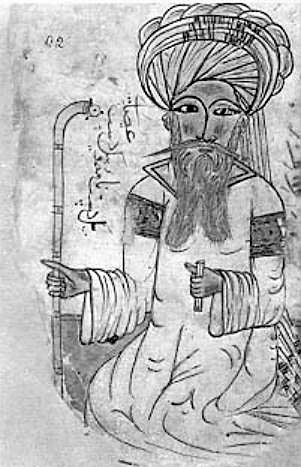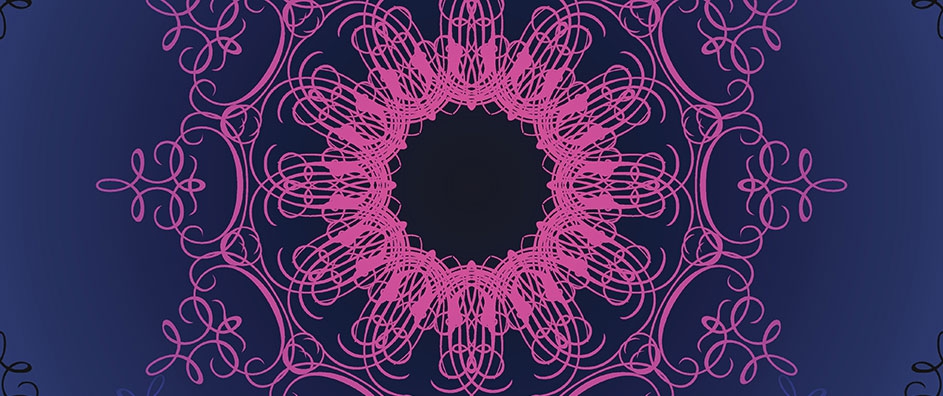The views expressed in our content reflect individual perspectives and do not represent the authoritative views of the Baha'i Faith.
You’ve probably heard of existentialism, that popular school of western philosophy – but do you know where it came from?
The first philosopher to state existentialism’s main thesis – that existence precedes essence – was a 15th Century Islamic scholar named Mulla Sadra.
Many people in the West are unfamiliar with the great Islamic philosophical tradition – typically it isn’t covered in our history books or taught in our schools. That’s a pity, because some of the richest and most insightful of humanity’s philosophy, especially when it comes to the question of the existence of God, emerged from the great Islamic university system that developed during the early years of Islamic civilization.
One of the most recognized and intellectually perceptive of those philosophers, Mulla Sadra lived from 1571 through 1640 in Persia, where his thinking led the Persian cultural renaissance in the 17th Century. Arguably the most important of all the Islamic philosophers, Mulla Sadra conceptualized and put forth the idea of the Islamic Transcendent Theosophy movement, and first defined the concept of existentialism – which means that the most important consideration for any individual is the fact of their own existence. You are, Sadra and the later 20th Century existentialists said, an independent conscious being who exists. You are not, Sadra pointed out, an essence of the roles, stereotypes or labels you may fit into.

Drawing of Avicenna from 1271
Influenced by earlier Islamic thinkers and philosophers like Avicenna and Suhrawardi, as well as the remarkable Sufi mystic and metaphysician Ibn ’Arabi, Mulla Sadra’s most well-known proof of the existence of God is known as the Argument of the Righteous. Sadra’s argument attempts to prove the existence of God through the reality of existence itself. Here’s the logic path:
- There is existence.
- Existence is a perfection above which no perfection may be conceived.
- God is perfection and perfection in existence.
- Existence is a singular and simple reality; there is no metaphysical pluralism.
- That singular reality is graded in intensity in a scale of perfection.
- That scale must have a limit point, a point of greatest intensity and of greatest existence.
- Hence God exists.
In many ways, Mulla Sadra was an early existentialist – he believed strongly that existence “is a single, objective and simple reality”, and that change is a constant of that existence.
With that in mind, I’d humbly offer my simplified version of the Argument of the Righteous:
- You exist.
- Your existence is your reality.
- Existence and reality are, therefore, identical.
- Nothing exists outside of reality.
- Existence cannot be denied.
- Existence is God.
In much the same way, the Baha’i teachings say that the grades of perfection in reality prove that absolute perfection exists. Even subtler and simpler than Sadra’s Argument of the Righteous, the Baha’i view points out that the hierarchy of perfection in the world conclusively proves that absolute perfection – God – has to exist.
For example – think of the best peach you’ve ever eaten, with the most delicious flavor, sweetness, consistency, ripeness, color and firmness. Got it? Now – can you imagine an even more perfect peach? Of course you can – that’s the nature of the grades of perfection, and it can apply to anything. The very perfectability of existence, Mulla Sadra argued, means that an absolute perfection exists.
Abdu’l-Baha describes the Baha’i view of the grades of existence and what they imply:
Now as to the infinite Power that knoweth no limitations; limitation itself proveth the existence of the unlimited, for the limited is known through the unlimited, just as weakness itself proveth the existence of power, ignorance the existence of knowledge, poverty the existence of wealth. Without wealth there would be no poverty, without knowledge no ignorance, without light no darkness. Darkness itself is a proof of the existence of light for darkness is the absence of light. – Tablet to August Forel, p. 19.
This philosophical proof of the existence of God strikes many thinkers as the most subtle and significant of all the arguments philosophy and faith have ever advanced.
















Comments
Sign in or create an account
Continue with Googleor